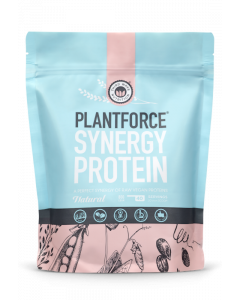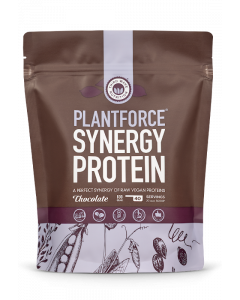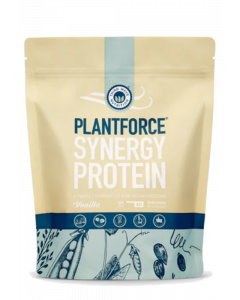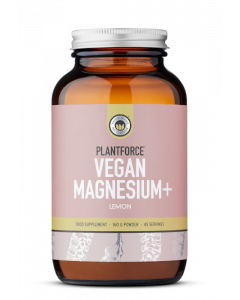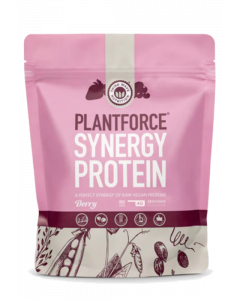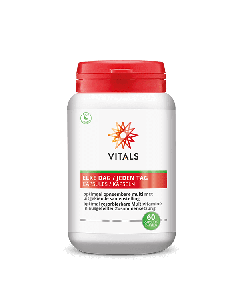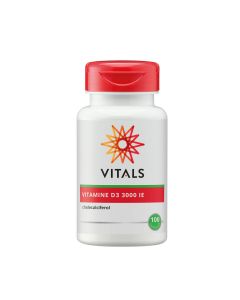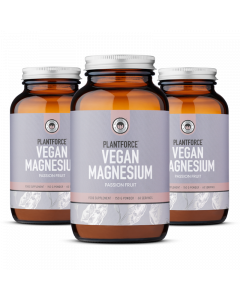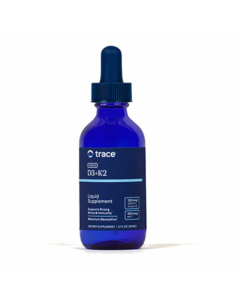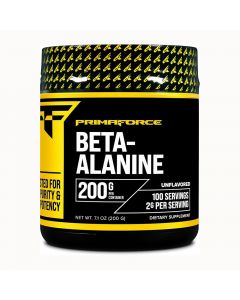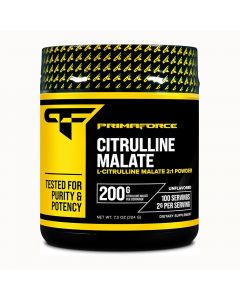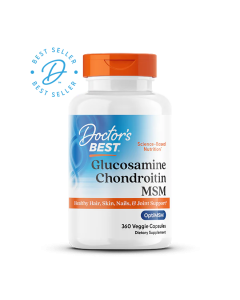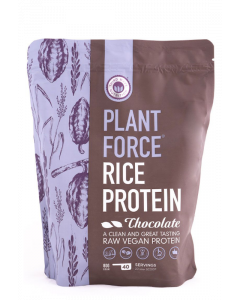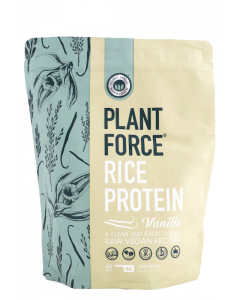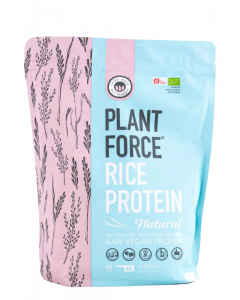- Shipped today!
- Free shipping from € 45
- Postpay possibility
- Review score 9.4
- Earn reward points
- Shipped today!
- Free shipping from € 45
- Postpay possibility
- Review score 9.4
- Earn reward points


1. Proteins
Proteins are important for the muscles. Proteins thus contribute to the maintenance and growth of muscle mass. They also play a role in the recovery of your muscles after training. By training vigorously and straining your muscles, you cause damage to the muscle fibers. This also damages the muscle cells that help your muscles to contract. These broken cells (proteins) are removed from your body and your body then builds new muscle proteins. Sufficient protein from the diet is required for this.
2. Creatine
During intensive efforts, the muscles need energy and creatine play an important role in this. Energy is provided by the phosphate compounds ATP (adenosine triphosphate) and creatine phosphate (CP). When ATP breaks down, energy is released so that you can perform movements. After the muscle contraction ATP is converted into adenosine diphosphate (ADP) + P (= phosphorus) and energy. Our body contains only a small amount of ATP so that it is quickly depleted during exertion. It ensures that you can put maximum stress on the muscles for about 8 to 12 seconds. Then your muscle cells need new energy. Creatine phosphate recharges the substance ADP (adenosine diphosphate) in the muscle to the substance ATP, which makes the muscle resilient again. No oxygen is needed in this process. Creatine thus plays an important role in the energy supply during short intensive movements such as during strength training, bodybuilding, or sprints and can increase the total number of repetitions by 5 to 15%.
When you choose creatine supplementation, always choose creatine monohydrate, because this is the best form of creatine.
3. Multivitamin
If you exercise a lot and intensively, your resistance will come under extra pressure. A multivitamin contains vitamins and minerals that support your body with resistance and your energy level so that you can keep exercising. Recent research among 553 Dutch athletes concludes that in addition to a good diet, athletes should also consider a multivitamin with a dosage between 50% and 100% RDA.
4. Omega 3 fatty acids
Your heart is a special organ. It works closely with blood vessels to ensure that all organs are supplied with oxygen and important nutrients. During exercise, your muscles need extra oxygen and nutrients. By beating harder, the heart ensures that the muscles get enough oxygen and nutrients.
The omega 3 fatty acids EPA and DHA support your heart. From 250 mg per day, these fatty acids make a positive contribution to the normal functioning of the heart, which benefits sports performance.
5. Magnesium
Magnesium plays a role in the metabolism of carbohydrates, proteins, and fats to obtain energy. In addition, it also supports the production of cells and tissues and helps build body protein. This mineral plays an important role in maintaining flexible and strong muscles. Magnesium is a counterpart of calcium and has a muscle relaxant effect. The ratio between calcium and magnesium in the body is therefore very important. It is also an important mineral for the functioning of the nervous system and the brain. Athletes have an increased magnesium requirement of 10-20%. The muscles require extra magnesium due to increased exertion and through perspiration, some of the consumed magnesium leaves the body for absorption. This makes it wise to take a magnesium supplement daily as an athlete.
6. Vitamin D
Vitamin D is good for the muscles as it helps to keep your muscles strong and supple. It also ensures good resistance, contributes to the process of cell renewal, and increases calcium absorption in the bones. Good support for the athlete!
Feedback sturen
Geschiedenis
Opgeslagen

